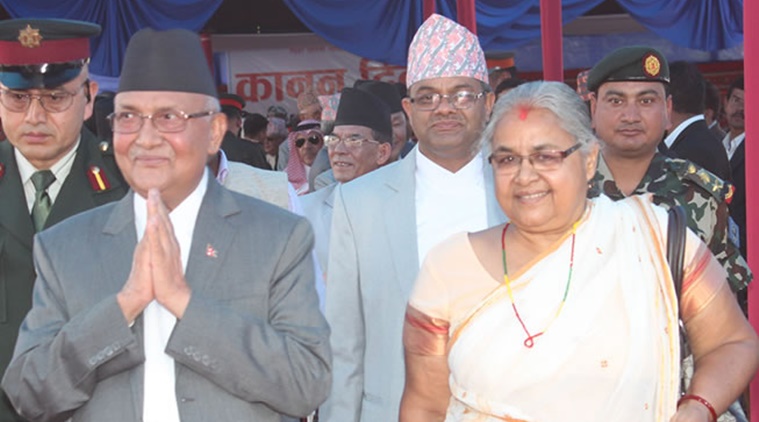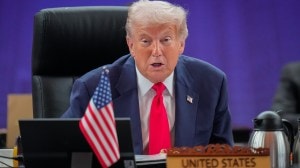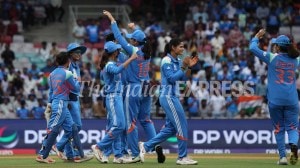Stay updated with the latest - Click here to follow us on Instagram
Why the Nepal Supreme Court does not have enough judges
The NC and its leader Sher Bahadur Deuba's public criticism has not been taken very kindly by the Supreme Court.
 Nepal Prime Minister K P Oli with Chief Justice of Nepal Sushila Karki. (Source: Supremecourt.gov.np)
Nepal Prime Minister K P Oli with Chief Justice of Nepal Sushila Karki. (Source: Supremecourt.gov.np)
There are approximately 22,000 cases pending in the Nepal Supreme Court, according to official estimate and the acting Chief Justice Sushila Karki insists people will continue to be denied of justice as long as judge vacancies exist.
Recommendations for the appointment of 11 judges that will elevate the strength to 16 have been pending largely due to the absence of a parliamentary committee hearing as well as the rules of business. Also, a writ petition filed in the Supreme Court against the nominations on the ground that due procedure has not been followed, highlighted the differences among the judges on the issue — differences that seem as stark as those between key political parties.
[related-post]
C J Karki failed to allot the hearing to any bench in the past one week fueling speculation that any adverse ruling on the issue might personally go against her since she, along her predecessor Chief Justice Kalayan Shrestha, were in the Judicial Council, the body that the nominated judges.
The main opposition Nepali Congress has opposed the nominations on two counts—first, the recommendations were made by an incomplete Judicial Council, and that at least one of the nominees was a member of the ruling Communist Party of Nepal-Unified Marxist Leninist until two years ago.
The NC and its leader Sher Bahadur Deuba’s public criticism has not been taken very kindly by the Supreme Court.
A statement issued by the Supreme Court today did not mention his name but asked people in responsible positions not to speak against ‘democratic’ values and norms. The statement said that the cases are ‘heard’ on the basis of priority, and deciding this is ‘entirely the internal matter of the Supreme Court.’
However, the court’s unusual warning is unlikely to silence criticism. Nepal’s judiciary has come under public scrutiny, especially after 2012 March when the sitting Chief Justice led the cabinet that included representatives of four major political parties –Nepali Congress, Maoists, UML and the Madhesi groups. The court sat over a series of petitions challenging the constitutional validity of the government on the ground that it violated the principle of separation of power during the entire 14 month life of the government — this increased a feeling that that the apex court and the four parties in the government had struck a deal.







- 01
- 02
- 03
- 04
- 05
























